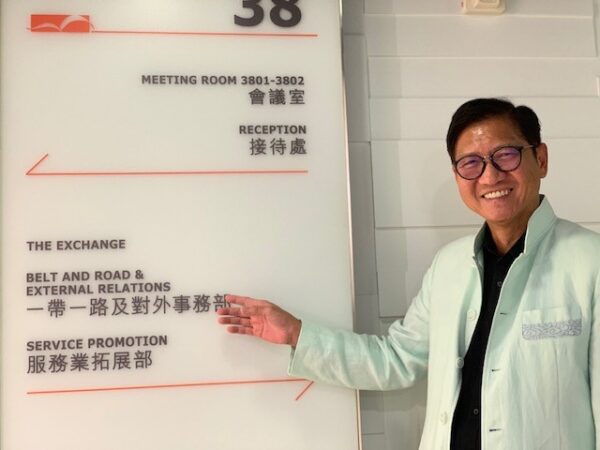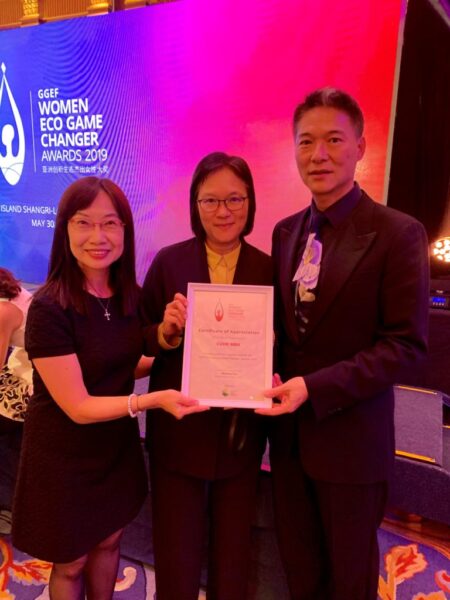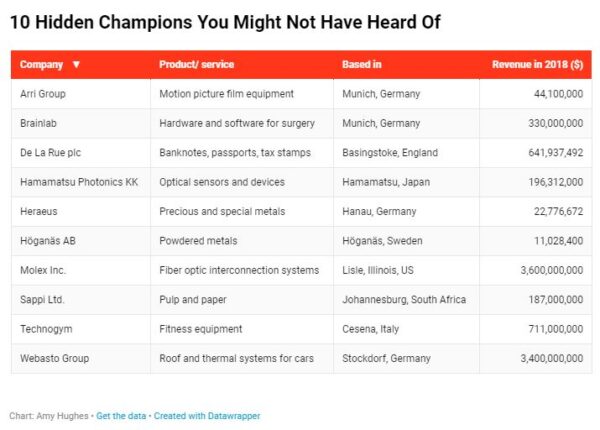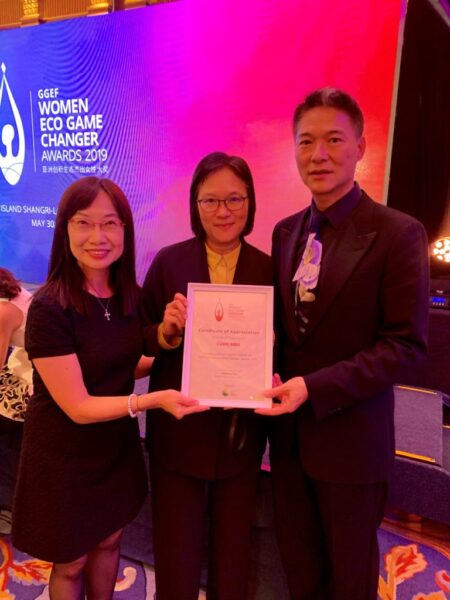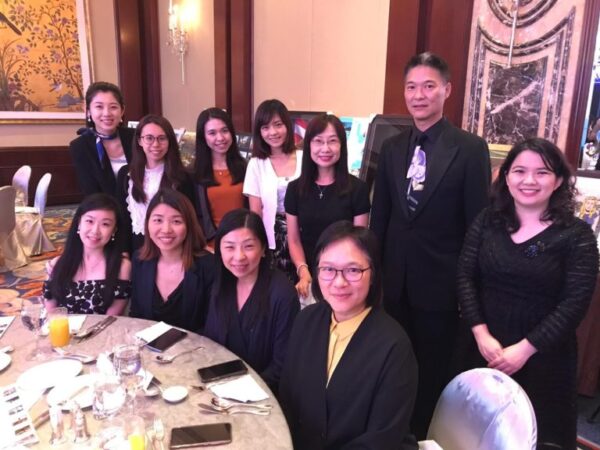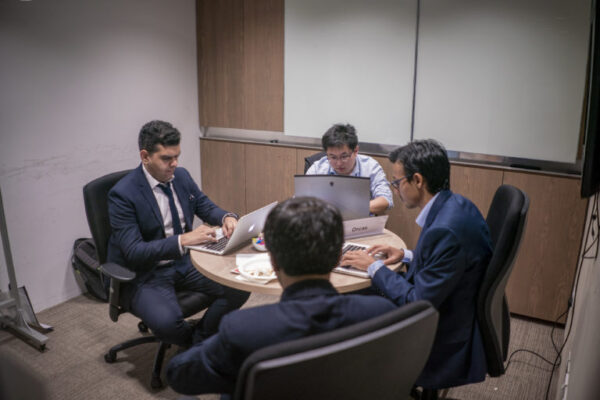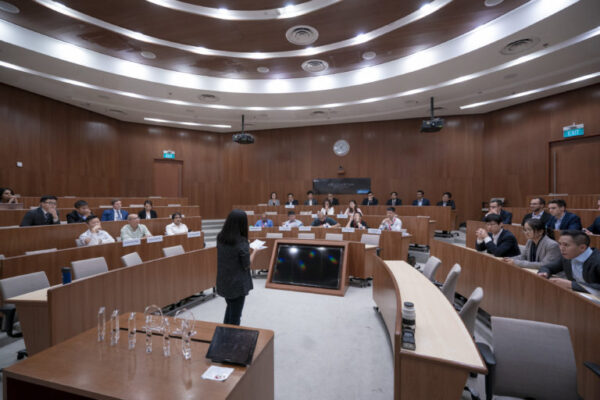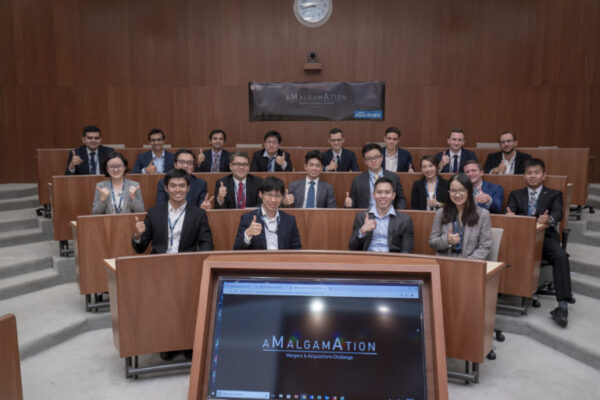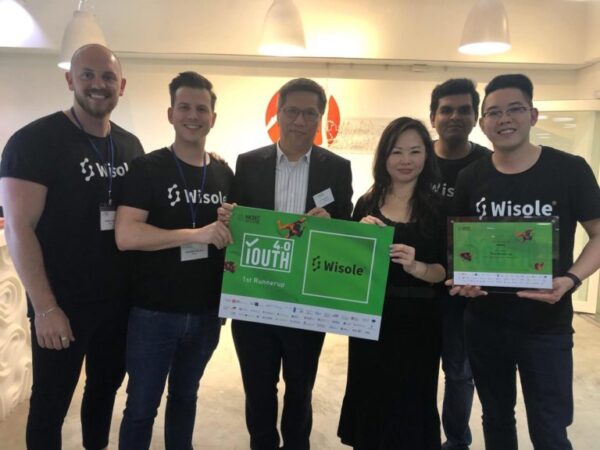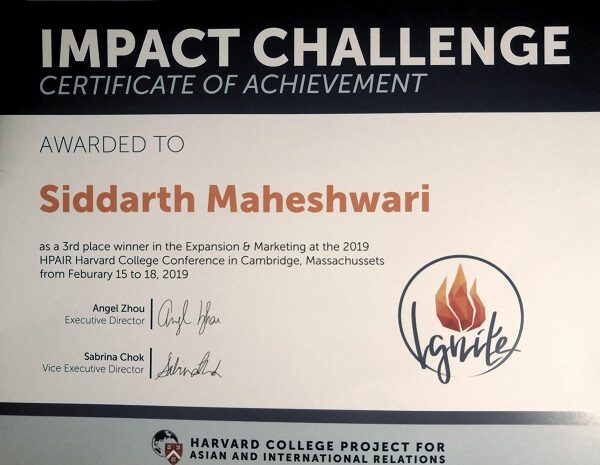Much has been written about the apparent demise of the MBA. But the latest data from the Graduate Management Admission Council, or GMAC, which runs an entrance exam, show that demand globally for the business qualification is flat.
Yet there are wide regional variations, with demand falling in the US, the birthplace of the MBA, but growing in Europe, Canada and the Asia Pacific region. This means that prospective students have abundant options for study destinations.
Applications to US schools have fallen for the fifth straight year, GMAC said, and even the elite institutions have been hit. The hardest hit this year was Dartmouth College’s Tuck School of Business, where applications for this year’s intake plunged by 22.5 percent. Of the so-called “magnificent seven” of top US schools, only University of Chicago Booth School of Business reported a rise in applications (by 3.4 percent, but this did not make up for last year’s 8.2 percent drop).
Alex Min, CEO of The MBA Exchange, an admissions consulting agency, says the drop in MBA demand in the US is because of many factors. One of the main problems is the robust US economy that has increased students’ opportunity cost of not working to attend a full-time MBA, while six-figure tuition fees make the degrees “economically unfeasible for many individuals”.
In addition to this, the H1-B visa regime for skilled migrants in the US has been tightened and the media portray the US as being unwelcoming to foreigners, Min adds.
Yet the application declines in the US are far from an existential threat to business schools, which still receive hundreds if not thousands of applications. Although Stanford’s applications fell 6 percent this year, for instance, it still received 7,342 applications for just 417 spots on the MBA.
Min still sees it as the “ideal time” to apply for a place on a US course, however: acceptance rates are rising and schools may downsize or even close their MBAs in the near future, reducing places, he predicts. Some, such as the University of Iowa’s Tippie College of Business, have already shut the doors on their campus MBAs.
“As schools compete aggressively for a larger share of a smaller applicant market, admissions standards may soften and merit-based financial aid may increase,” he says.
Yet the growth in quality of MBA options in Canada, Europe and Asia also gives prospective students far more choice, he says. The Asia Pacific region, for example, is a rising force in business education: GMAC data show that demand for business masters degrees there continues to grow.
Asia: an increasingly attractive destination MBA-seekers?
Andrew Yuen, associate director of MBA programs at The Chinese University of Hong Kong (CUHK) Business School, notes that Asia is an economic powerhouse, with many major economies like China, India and Indonesia moving away from manufacturing to technology and services as a source of economic growth.
This in turn has led more global corporations to the region and spurred demand for management talent, says Yuen. “Business master degrees, which focus on bridging the east and the west, offered in the region are appealing to students with the vision to develop their career here.”
Yet overseas students may not be keen to make the move, with only 10 percent of applications to business masters courses in Asia Pacific coming from other parts of the world, according to the GMAC report.
Yuen says this could be because most MBA programs in Asia use case studies written from the perspective of US companies, which may not be suitable for those who want to work in Asia. This may explain a substantial drop in applications from the US to the CUHK MBA in the past two years, though overall, applications are flat and most candidates are from outside of Hong Kong.
Still, CUHK is attempting to make itself more attractive to overseas students, Yuen says, by strengthening Asia-related content in the MBA. CUHK has, for instance, started a new course looking at China’s Belt and Road Initiative to build infrastructure and political influence around the world.
Yuen argues that promoting multicultural understanding is more important given the current trend of isolationism around the world. “It is crucial for the success of multinational corporations” that hire the students, he says.
MBA programs in Europe: perennially popular
Europe, on the other hand, has a plentiful supply of overseas students. According to GMAC, two in three European schools reported stable or growing applications from overseas this year. Yet populism is on the rise and work visas have been tightened in some European nations including Switzerland, while some universities in the Netherlands want to curb the flow of overseas talent because of funding concerns.
Could this put the plentiful supply of foreign students in Europe at risk? Virginie Fougea, global director of admissions at INSEAD, founded in France with campuses in Singapore and Abu Dhabi, says there has been a slight decline in MBA applications in the last two years after a surge in 2017. But there have been more applications from emerging economies, possibly because of the downturn in demand in the US.
Fougea also notes France’s cultural heritage, business dynamism and INSEAD’s diversity, with 90 nationalities on the MBA.
And she believes France could become an even more attractive study destination for overseas candidates because the country recently ruled that free access to public education is a constitutional right, protecting international students in France from a hike in tuition fees. “We do not foresee any risk to the inflow of overseas students,” she says.
The UK: relaxed visa rules may turn some overseas MBA applicants’ heads
Over in the UK, business schools are on a high. They have bucked a global downturn in MBA demand: 59 percent reported growth across all postgraduate degrees and applications from overseas students rose at three in four schools last year, according to GMAC.
Will Dawes, research and insight manager at the Association of MBAs in London, puts these gains down to the strong global standing of UK institutions due to their rigour in research, quality in teaching, large alumni networks and careers services teams.
“UK schools may be benefitting from a drop-off in admissions to some US business schools,” says Dawes. At Stanford in California, for example, MBA applications fell in part because of anti-immigration rhetoric and the US-China trade war that are pushing overseas students away from the US.
Dawes expects the UK to become an even more attractive proposition for prospective MBA candidates, thanks to the incoming reintroduction of the two-year post-study work visa in the territory.
Yet the reverse could be true because of uncertainty around Brexit and the UK’s future trading and immigration relationship with the world, he says. “This could potentially create some short term indecision from potential overseas applicants.”


